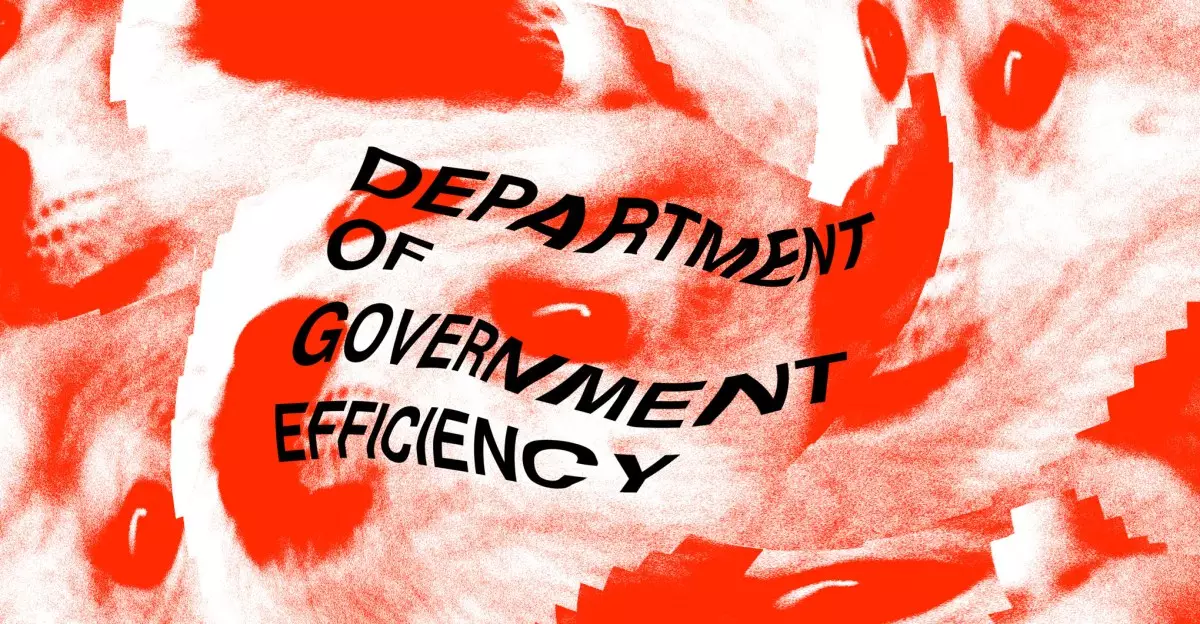The Internal Revenue Service (IRS) is on the brink of a transformative project that might reshape how government data is accessed and manipulated. This endeavor, labeled the ‘mega API,’ aims to facilitate seamless access to IRS data through third-party software, thereby introducing a new dimension to digital governance. However, as reported by Wired, this initiative under the guidance of Elon Musk’s Department of Government Efficiency (DOGE) surfaces with both ambitious promises and significant red flags.
The proposed hackathon, which seeks to directly engage IRS engineers in a rush to create this mega API, symbolizes a radical shift towards modernizing data interfacing for governmental purposes. Yet, the timeline itself—a mere thirty days—poses direct questions about feasibility and practicality. Can complex datasets, like those maintained by the IRS, truly be efficiently integrated into a cohesive cloud platform in such a rushed timeframe? Internal sentiments from IRS employees suggest that this may not only be unrealistic but counterproductive, potentially overwhelming the agency’s existing infrastructure.
The Risk of Ceding Control to Third Parties
The conversation around involving third-party providers like Palantir raises concerns that cannot be overlooked. Known for its extensive data collection practices, the prospect of collaborating with a company that has previously courted controversy is alarming. The central worry is whether the IRS may inadvertently cede control over sensitive taxpayer data to entities that prioritize profit over privacy. Palantir’s history with government contracts serves as a cautionary tale about the potential repercussions of relaxing data-sharing restrictions, especially given the sensitive nature of IRS information.
Moreover, the political dynamics surrounding this initiative add layers of complexity. Recent letters from legislators, including one from Senator Ron Wyden, underscore a growing tension between innovation and oversight. The insistence on rejecting preemptive agreements that would broadly share IRS data across governmental departments highlights a commitment to protect citizens from potential misuse. With accusations of using IRS data as a tool for immigration enforcement and “government efficiency” campaigns lying in the shadows, the stakes are undeniably high.
Inexperienced Leadership: A Cause for Concern
At the helm of this ambitious project are individuals like Gavin Kliger and Sam Corcos, who, albeit energetic, lack the necessary experience in handling governmental functions and tax regulations. The alarming sentiment shared by insiders—that the schematization of IRS data could take years to properly understand—poses a stark contradiction to the dogged insistence on rapid implementation. The inherent complexity of IRS operations cannot be disentangled overnight, and attempting to do so may not only yield disastrous results but could undermine public trust in an already beleaguered institution.
In essence, while the pursuit of a mega API signifies a forward-thinking attitude towards government transparency and accessibility, it also raises critical questions about data stewardship, the pace of innovation, and the qualifications of those steering such initiatives. As this project unfolds, the tension between rapid modernization and the need for careful, informed policy must be navigated with caution.


Leave a Reply